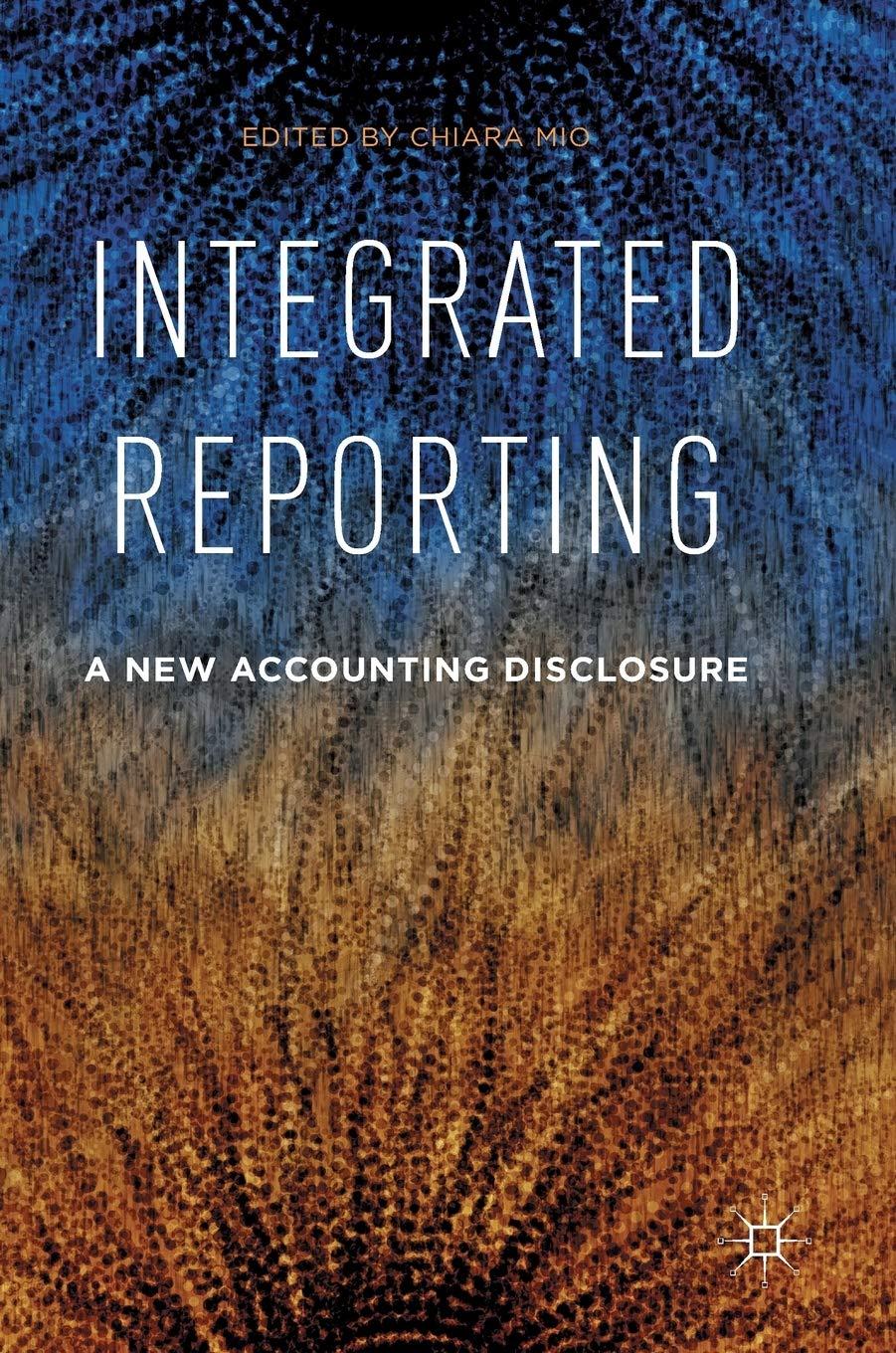Question
You are working on a part of a repeat audit of a client with a January 31 fiscal year end. The client company is a
You are working on a part of a repeat audit of a client with a January 31 fiscal year end. The client company is a wholesaler of electronic products. It earns a profit by selling products for more than they cost to buy. One of the peculiarities about this business is that it tends to be both seasonal and cyclical. By seasonal, I mean that people will buy at some times of the year but not others. (For example, large-screen television sets might sell well as Christmas presents, but not so well in late spring and early summer.) By cyclical, I mean that certain classes of products do better when the economy is booming than when times are tight and people are getting laid off left and right. (For example, high-priced products to be used in recreational vehicles do better in good economic times than in bad economic times.) Because the provision for income taxes depends on taxable income, the audit of this provision is typically done close to the end of the audit engagement, and may even be done in the accounting firm's office after the end of field work. You notice that the provision for income taxes is not the same amount as what appears on the company's tax returns. When you talk by phone with the client's chief financial officer (CFO), he tells you that the provision was calculated by an outside law firm which specializes in tax law. When you ask the law firm for access to its computations, the lawyers there (whom you know personally from doing other work together) tell you that the client has not given them permission to allow you access to those work papers. When your firm tries to compute what the provision for income taxes ought to be, you are not able to come up with any amount anywhere near as small as what the client company has booked; instead of an effective tax rate of 10% of taxable income, your firm believes the effective tax rate should be at least twenty percentage points higher than what the client firm has booked.
Required:
Does this have any effect on what the audit firm should do for the remainder of the engagement and preparation of its report? Cite the authoritative professional literature.
Thanks
Step by Step Solution
There are 3 Steps involved in it
Step: 1

Get Instant Access to Expert-Tailored Solutions
See step-by-step solutions with expert insights and AI powered tools for academic success
Step: 2

Step: 3

Ace Your Homework with AI
Get the answers you need in no time with our AI-driven, step-by-step assistance
Get Started


